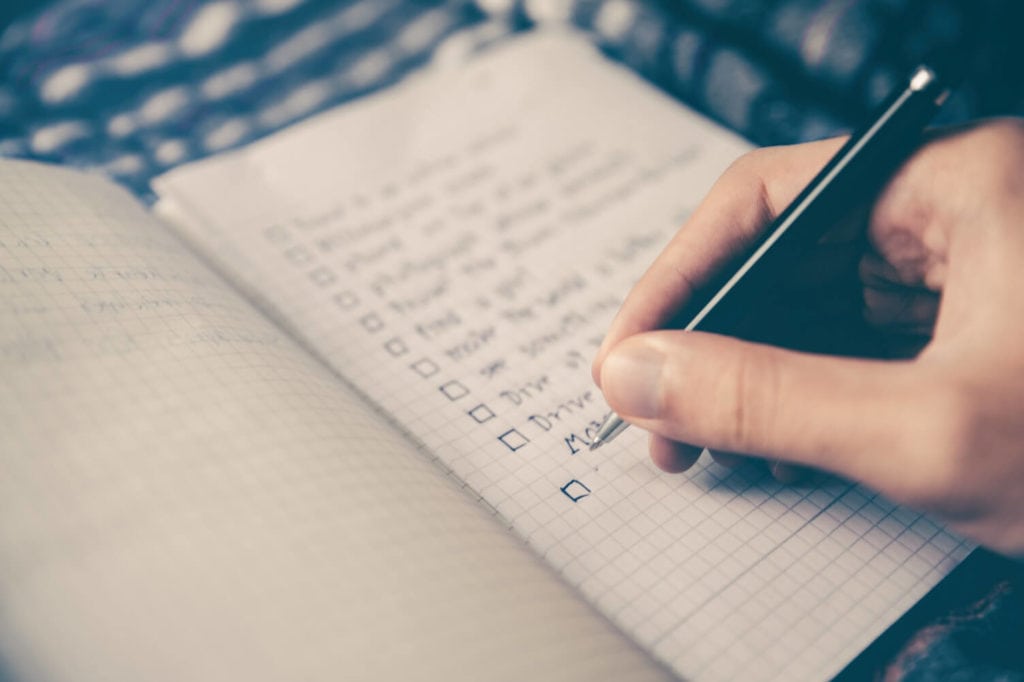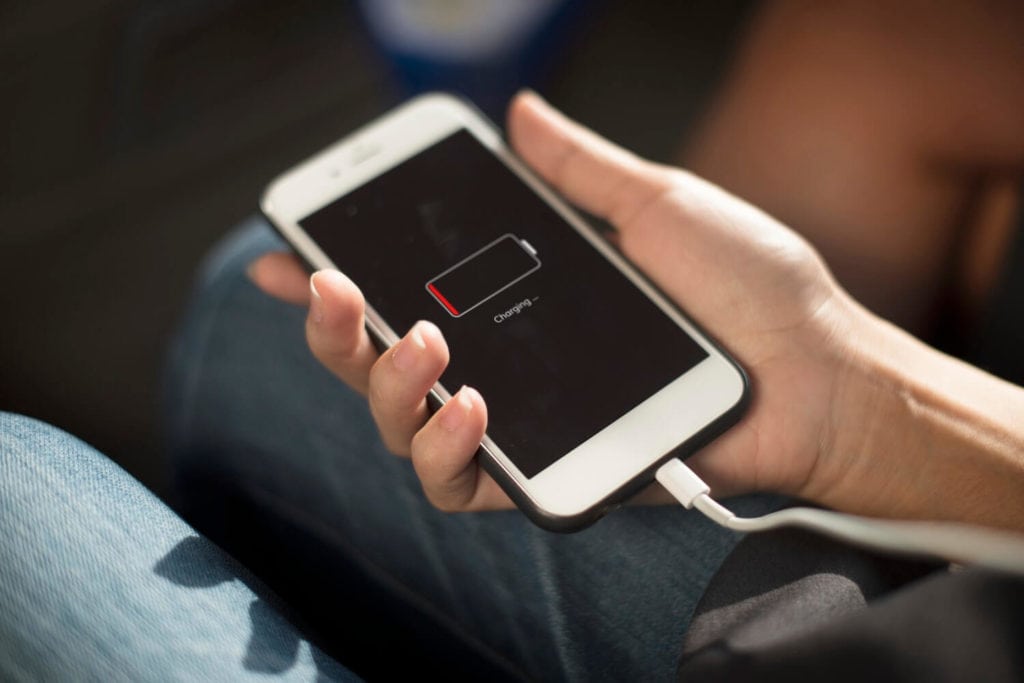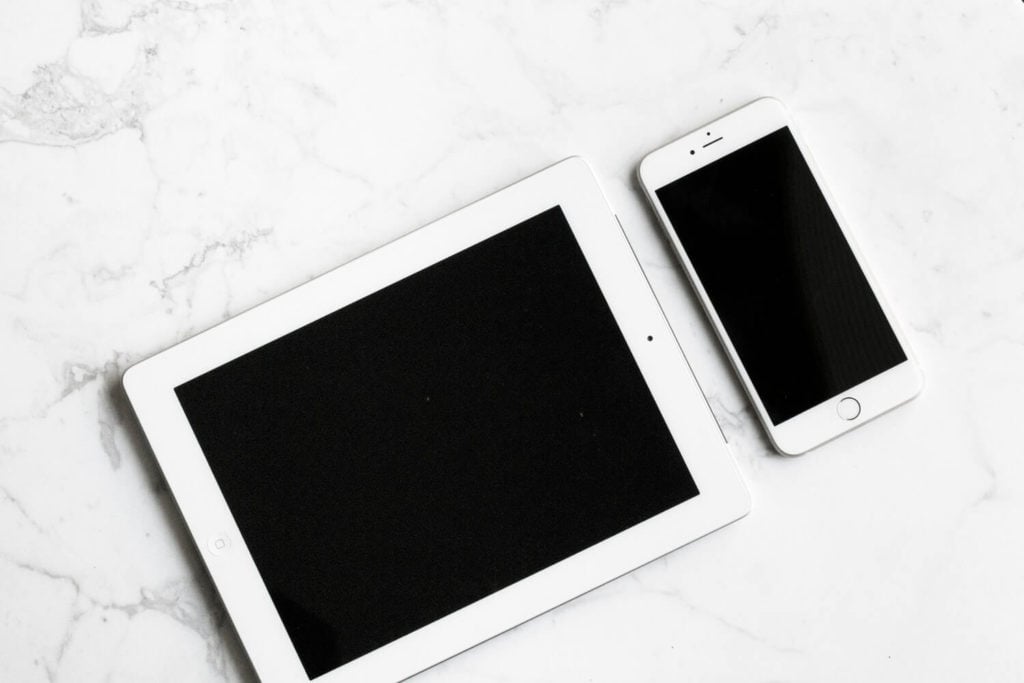It’s 6am on a Monday. Your alarm goes off. What do you do? The answer to that lies within the heart of each individual to which that question is directed. Some will gleefully awaken, make some coffee, go the gym, and get their day started. Others, however, will hit the dreaded snooze button and bury their face back in their pillows. This starts a vicious circle of snoozes that can amount to two hours on nonproductive sleep, and an overall eventless morning.
But why? Why are 90% of us so inclined to nestle back into the fetal position and proceed to take 15 minute naps until we absolutely HAVE TO wake up? It is all a matter of habit and necessity. Meaning, if you had to wake up at 6 to be at your job that starts at 7, you would do it. Unfortunately for most of us, work does not start until 9. This gives us the option of waiting until 8 to get our day started, as opposed to waking up in less of a hurry and establishing a routine that begins at 6.
There have been multiple studies that have shown the mental and physical benefits of waking up before 6am. So why don’t more people do it? It’s not easy… From the time we are babies we are constantly coaxed to fall asleep. Any time a child is acting up it is immediately attributed to be “nap time” by the parents. And of course, for children, this is applicable. The issue lies when no one forces us to break these habits in our teenage and young adult years.
In order to combat these bad habits that have formed you need to make some changes in your mornings, to get your day off to a better start.
9 steps to a successful morning routine:
1. Prepare your morning the night before
While this is technically an evening routine, preparing the night before can be extremely beneficial to improve your morning routine. Eliminating decision making early in the day can help the entire morning go much smoother. Plan out the next day’s tasks, lay out your clothes, know what you plan on making for breakfast… all of these are good ways to keep your morning on track, and give you more motivation to wake up on time.

2. Write a list of tasks you’d like to accomplish
Before you fall asleep the night before, write down three tasks that will feel good to accomplish the next day. For example, you could write exercise, meditate, and catch up on emails. Try to gear your day to accomplish those three things. When you are gearing down to go to bed after your day, you can look at those three tasks in your planner and feel satisfied knowing that you knocked them out. Even if the day went off the rails and you didn’t feel very productive, you can gauge your day off of the success of those three items. Of course, you can always get more than three things done in a day. But putting the emphasis each day on three individual items, that are more simplistic tasks, can help you get a clear plan of action and avoid feeling overwhelmed. No one likes seeing a massive to do list of their next day. This is what causes a lot of people to stress over things that may or may not be of high importance. So, improve your morning routine by breaking it down, keeping it simple, and working more effectively with laser focus on three simple tasks that you know you can accomplish. By starting your day with these three tasks accomplished, it will prompt your brain to want to accomplish more things as the day progresses.

3. Wake up at the same time every day
Your body is always searching for routines to follow. Therefore, by setting your alarm for the same time every morning, and NOT hitting snooze, you are helping your body develop an internal alarm. We all have an internal clock of some form; some people’s just operate a bit better than other’s. This can be attributed to waking up at the same time every morning. Even if you don’t get to bed until 12 or 1, by waking up at 6 you will be so exhausted by the evening you will find yourself wanting to go to bed at 9pm.

4. Charge your phone on the other side of the room
The first thing that everyone is inclined to do in the morning is check their phone. By charging your phone on the other side of the room, or in a completely separate room, you are eliminating this as a possibility. Also, if you use your phone for your alarm clock, by charging it on the other side of the room you are forced to get out of bed to turn it off.

5. Drink a glass of water as soon as you turn your alarm off
The simplest way to this is to place a glass of water next to your phone or your alarm clock the night before. This way, when you wake up, the first thing you will do is drink this glass of water. Your body naturally dehydrates while you are sleeping (also why everyone frequents the restroom when they awaken), so this kick starts your brain by giving it what it needs as soon as you’re awake.

6. Don’t open your phone
This is one of my biggest struggles. In my attempts to keep my eyes open, I often open Facebook, Twitter, Instagram, or some other form of social media and start scrolling. This is a very destructive morning habit. For one, it launches me into the not so pretty world of news and politics before I have even stood up. Plus, you are already being fed the pictures and ads of models that can make any normal person feel a bit inadequate. Mainly, it means I can lay in bed for 45 minutes while I mindlessly scroll, making the start of my day an act of procrastination – which doesn’t feel good. Then to top it all off, it gives your mind no chance to think freely without the influence of social media. It’s not easy for anyone to get away from their phone, but it’s absolutely the right choice. The days I start without checking my phone always feel more productive and more centered. So, please heed my warning and stay away from your phone in the morning! If that means you charge your phone in the kitchen or living room overnight, then so be it. Buy an actual alarm clock! This will help to just avoid your phone for the first hour of your day. Your brain will thank you for the digital break.

7. Start your morning with some quick exercise
I know for most people this one may be tough, but bear with me. Exercising early in the day has several benefits that should really be considered before you write it off. Waking up and immediately getting into some type of exercise, whether it is some light yoga or a 60-minute run, wakes your body up better than any cup of coffee you will ever have. You will get the blood flowing and shake the sleep off your brain. It also is great to exercise early because this gives you a feeling of accomplishment the first thing in the morning. That way, it doesn’t take until you have accomplished your first task at work to feel like you have done something meaningful with your day. It feels really good to begin a day knowing you already accomplished something good. So, give it a try for a few weeks and you will see that it is one of the absolute best things you can do to start your mornings. Granted, the first week is not going to be very easy. But then again, any form of change rarely is.

8. Try some form of meditation
If meditation hasn’t crossed your mind by now, it’s a good thing you are reading this article, and hopefully others like it. Many of the most successful people in the world credit meditation as the most pivotal point in their morning routines. And it’s not just hippie stuff anymore. Meditation is backed by science on how incredible regular participation is for your mental health. It can reduce anxiety, improve concentration, and help dial down the obnoxious chattering thoughts that take up space in your brain. Meditation first thing in the morning is great for a few reasons. Just like exercise first thing in the day, it helps to knock it out early on so you don’t have to try and squeeze it in later. Meditating early is also nice because it can help you begin your day on a more centered, positive tone. It’s the perfect way to improve your morning routine, and it doesn’t cost a dime. And it doesn’t have to be for long. Start with five minutes and gradually increase the time in your sessions. I find that lighting some a candle helps to calm your thoughts a bit more than without one. Try out a few methods and find something that helps you relax and focus. Once you practice meditation for a while, you’ll be very aware of how different you feel and regret that you didn’t start it years ago.

9. Spend some time on something you truly enjoy doing before work
Spend at least 15 minutes to a half an hour every morning doing something you simply love. Whether you are an artist, a YouTube creator, or a golfer, you can take time each day to learn something new or hone your skills. For some hobbies, like drawing, you can sit down for small batches of time and still get some good work into it. Other hobbies, like sports or painting, don’t have that luxury. However, there’s nothing stopping you from using that time in the morning to learn. Take my possibly problematic love of golfing. I may not have time to go play 18 holes before work every day.
But what I can do is putt for a bit in my living room, watch golf highlights on YouTube, or even instructional videos to get over any current swing woes I may be having. Whatever your passion or hobby, find a way to devote thirty minutes to it every day and learn something new. You will enjoy learning about your favorite things, and, like exercise and meditation, it will be easier to keep up with such a positive habit if you do it in the morning. Later at night, when you are tired, it’s easy to put it off or simply forget to do it. But by starting your day with it, it is much easier to “find the time” to learn more about the things you love.
If you have ever had to wake up for a 5am flight in your life, you will know that it is not an easy thing to do. But you do it. Regardless of what time you typically wake up, there is always a reason to get out of bed. Whether you are getting out of bed for work, or for an early tee time, everyone has some reason to get out of bed in the morning. So, why not make those reasons something of your choosing that will actually improve your quality of life.
By gradually shifting into the adaptation of the 9 steps in this article, you will be able to improve your life, and prioritize your time to the best of your ability. After all, there are a finite number of hours in the day, as well as our lives. We might as well use them on the things that truly impact our happiness and our well-being. This is not something that you can pass the responsibility to someone else to do. For this, you will have to look in the mirror, and hold yourself accountable.













